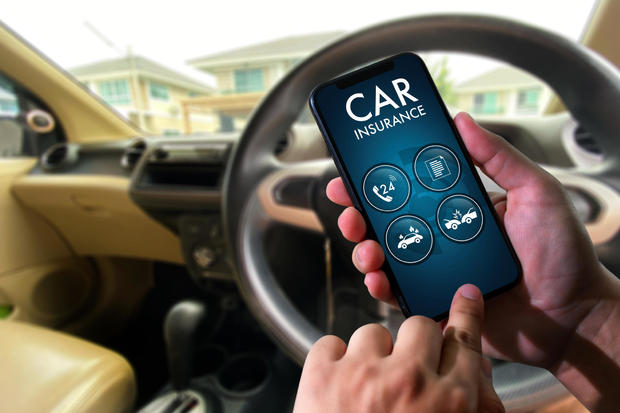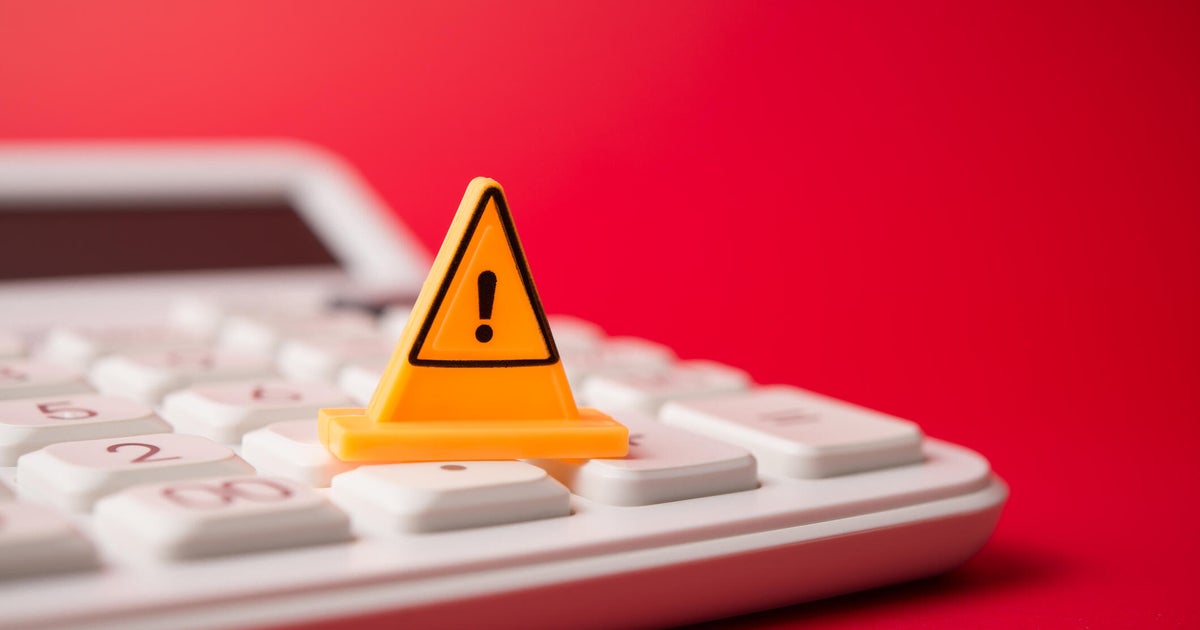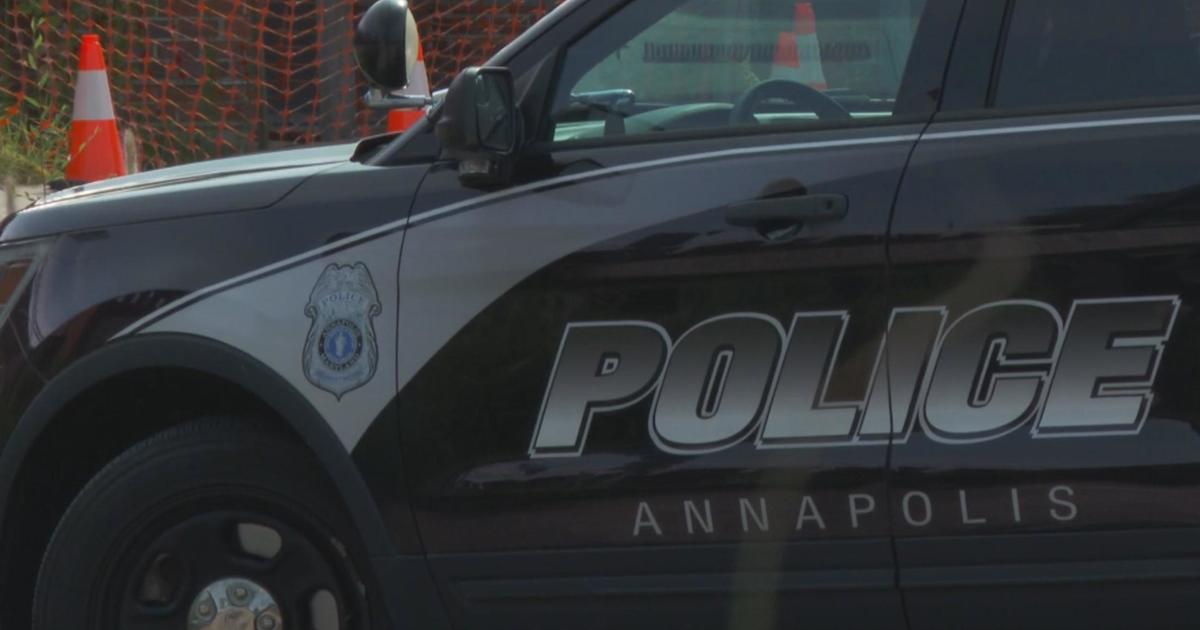Car insurance: Why it's needed and what type to buy
Auto insurance protects your assets if you're in an accident. Still, insurance is a complex product that may leave you with many questions. For example, how much should you spend on car insurance? What types of coverage should you get?
The average driver spends approximately $1,000 per year on car insurance. You may spend more or less than that amount. Bear in mind, that your state may require you to purchase certain mandatory coverages.
If you're in the market for auto insurance, or simply want to see what other options you have, it's easy to get started. View rates, get a free quote and start saving money.
To make the most informed decision, it's helpful to understand what types of coverage are available to you and why it's important to have.
Common types of car insurance coverage
Choosing car insurance that's right for you is all about finding the best combination of price and coverage. Ideally, you should aim for sufficient coverage to suit your needs at the lowest price.
Compare quotes from multiple insurance providers to determine the best price. Just make sure you use the same types of coverages, minimums, deductibles and other policy parameters when you're getting quotes, so you're comparing apples to apples.
Not sure what insurance coverages you need? There are countless options, and working with an agent to determine your needs is usually a wise idea. To help you get started, here are six major types of car insurance coverage to consider.
Liability
As its name implies, liability insurance pays for covered damages and injuries when you are held responsible for an accident. As mentioned earlier, most states require you to carry auto liability coverage.
There are two types of liability coverage:
- Bodily injury liability (BI): If you cause an accident, bodily injury liability coverage may help cover injuries to the other party, including their medical bills, lost wages and pain and suffering.
- Property damage liability (PD): PD coverage may pay for damages you cause to another person's property due to an accident.
Comprehensive
The purpose of comprehensive auto insurance is to cover many types of losses that don't stem from an auto accident. For example, your comprehensive coverage may pay for damage to your vehicle from covered events, which typically include:
- Theft
- Vandalism
- Hail
- Fire
- Falling trees or other objects
- Hitting a deer
Generally, comprehensive coverage comes with a deductible (the amount you must pay out of pocket before your insurance coverage kicks in).
If you want to learn more about this particular type of coverage, reach out to an insurer today. They can provide information on costs, deductibles, coverage and more.
Collision
Unlike liability insurance, which covers damages to the other party, collision coverage may pay for damages to your vehicle. Whether you hit another vehicle or object, collision coverage may cover the costs to repair or replace your car after you pay your deductible.
Collision coverage is usually optional, but if you're financing your vehicle, your lender or leaseholder may require you to carry it.
Underinsured/uninsured motorist (UMC)
UMC coverage is effectively a liability policy to protect yourself against drivers who drive uninsured or don't have enough liability coverage to cover your medical expenses. In some states, your UMC coverage may also help pay for damages to your vehicle.
Depending on your state, uninsured and underinsured motorist coverage may be required or optional.
Medical payments (MPC)
Medical payments coverage may help pay for medical treatment of injuries you or your passengers suffer from an accident. Covered treatments may include doctor visits, surgery, x-rays, ambulance transportation, emergency medical technician and other services.
Medical payment has a per-person limit, meaning you'll have to pay out-of-pocket expenses beyond your insurer's limit.
Personal injury protection (PIP)
Like medical payments coverage, personal insurance protection may cover your medical costs from an accident. However, unlike MPC, personal injury protection may pay for lost wages, child care or other expenses brought about by your accident-related injuries.
Also known as PIP or no-fault insurance, personal injury protection may pay for medical expenses regardless of who is liable for an accident. It even covers you if no other parties are involved in an accident.
When you pay your auto insurance bill, it's for a benefit you hope you never take advantage of. Nevertheless, car insurance is a valuable and necessary tool you should have if you drive a car, whether it's to satisfy state law, your loan requirements, or your own liability protection needs.
Reasons to have car insurance
If you're at fault in a car accident, how would you pay for specific losses like damage to the other party's vehicle or medical bills? How would you pay for your legal defense if the other party sues you for the accident?
Simply put, it's necessary to have car insurance if you drive a car to help you pay for covered losses and protect you legally and financially. Other reasons to purchase auto insurance include:
- It's the law: Nearly all states mandate that drivers carry liability coverage for property damage (PD) and bodily injury (BI), though coverage types and minimums may vary from state to state. The consequences of driving without insurance can include fines up to $5,000, suspension of one's driver's license and vehicle registration, vehicle impoundment, jail time and other penalties.
- Your lender or leasing agent may require insurance: If you're leasing your car, your lender or leasing agent may require you to carry comprehensive coverage and collision coverage to protect their investment.
- Insurance protects you from the cost of repairs: Comprehensive or collision insurance can protect you from having to use your own money to pay for damage to your car. For example, if your car is stolen or suffers damage from severe weather, insurance can cover the costs to replace or repair your vehicle, so you don't have to.
- Insurance helps you when an uninsured motorist causes an accident: According to the Insurance Information Institute, nearly 13% of drivers in America do not carry auto insurance. Carrying uninsured motorist coverage can help you cover vehicle damage and medical bills resulting from an accident caused by a driver without insurance.
- Auto insurance may cover your passengers: Medical payments coverage and personal injury protection may help cover medical bills for you and passengers injured in an accident.
Have more questions? Or simply want to get a new quote to compare to your existing policy? Contact an insurer today and start saving money.




